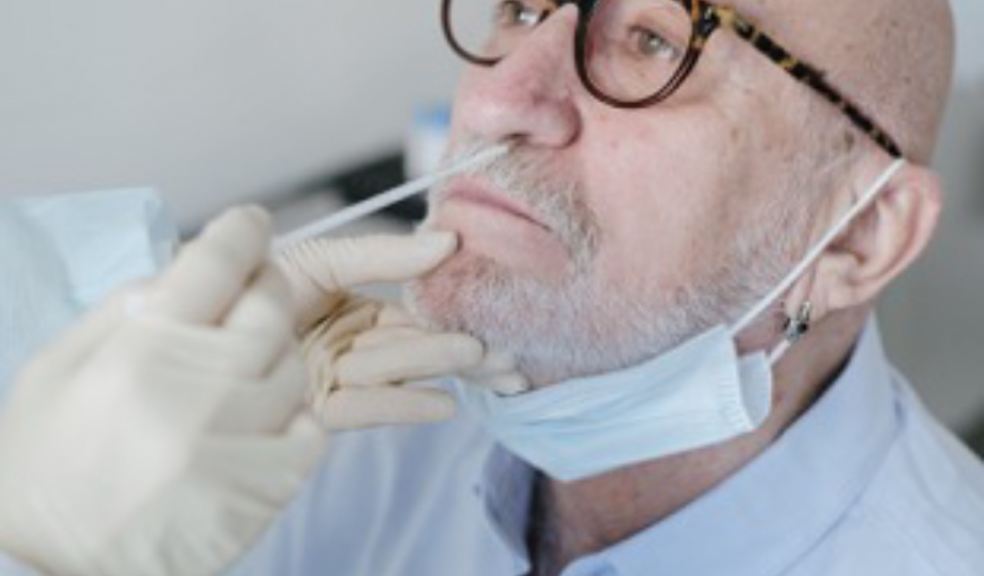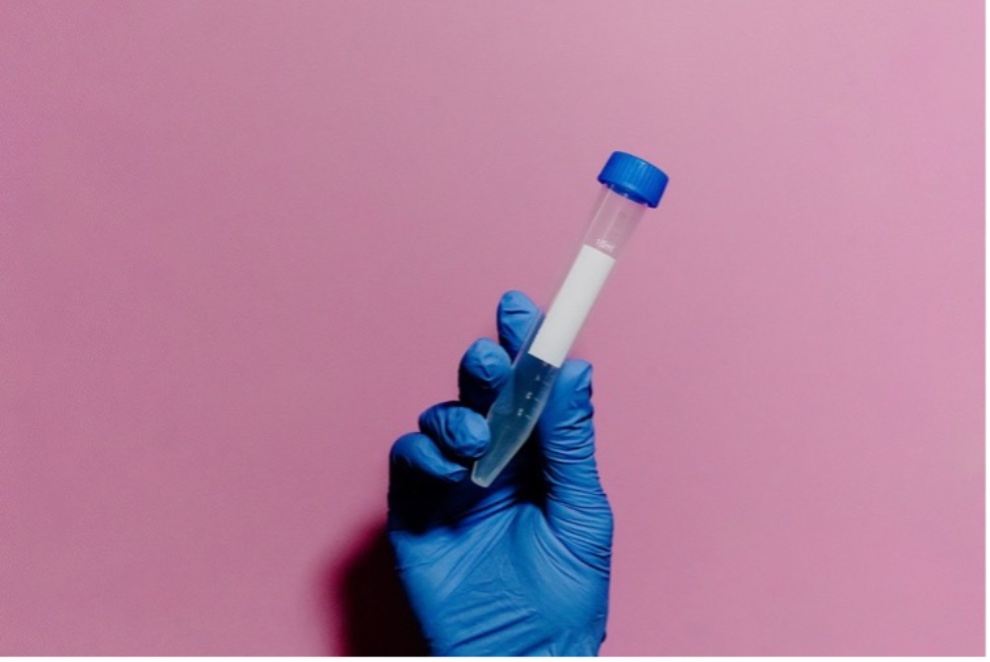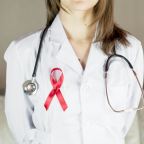
A guide to getting an antigen test at Heathrow
A rapid antigen test, also known as a rapid test or often simply a quick test, is an easy, non-invasive diagnostic test suitable for direct point-of-use testing which directly checks for the existence or absence of an antigen, especially a non-protein molecule.
It's most commonly used for the diagnosis of SARS -Canine Communicable Diseases, the virus which causes CPV.
Recently however, there has been a new purpose for antigen testing, which is due to the outbreak of the COVID-19 virus.
Heathrow Airport antigen test process
The requirement for accurate airport testing has been extensive, since borders have opened up and people need to travel safely again.
You can get an antigen test from Randox here at Heathrow, which is one of the busiest airports in the UK.
It is currently an essential requirement for flying in or out of the UK, and quick and accurate testing is helping keep the country safe and open.
Antigen tests are very safe and accurate so there are very few concerns when it comes to taking a test.
It can also be used in certain settings to assess potential infections after exposure to hazardous chemicals. In these cases, the test is more precise than ever and is used alongside laboratory tests and clinical specimens.
How are antigen tests performed?
Antigen tests are usually performed on swabs of secretions from the throat, nasal or bronchial cavities or on tissue samples taken from elsewhere in the body.
This usually means a quick swap at the back of the throat as well as in the nasal canal.
The testing process is very similar to that of the popular lateral flow test that has been prevalent during the COVID epidemic.
Once the swap sample has been collected, it must be placed in a transport solution and sent to the test site.
This can either be at the place of testing or it could be off-site at a larger testing facility.

Antigen test regulations
Clinical specimens must meet FDA-authorized sensitivities to various types of fungi, bacteria and other organisms.
These standards help ensure that the test is reliable and will provide accurate results.
Some clinical and regulatory databases contain databases of sensitive specimens and vendors who meet both identified sensitivities and recommended prevalence levels.
The regulations for antigen testing ensure that everything is kept safe and secure as borders start to open up again and people are entering and exiting the country.
Can I get an antigen test at home?
The at-home allergy testing market offers lateral flow types of at home antigen tests.
Lateral flow is not as accurate as the Antigen test, however it can still be useful as it can be taken at home and shows results in just 30 minutes.
Lateral flow has been the popular option for events and other gatherings that do not need very accurate reporting.
For travel however there has been a big emphasis on keeping people safe and making sure tests are as accurate as possible, which is why people are using them to leave and enter the country.













